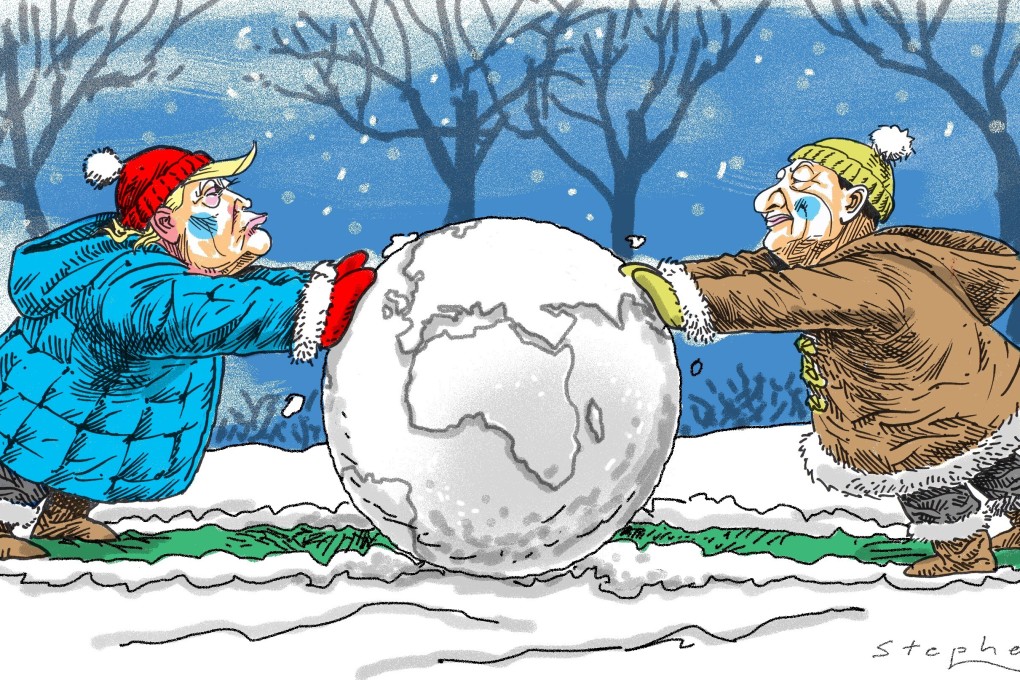Advertisement
Opinion | China-US relations are in tatters. Can both sides cool their hostile strategies to avoid disaster?
- The framework that has kept US-China relations stable for almost 50 years is in pieces and dangerous trends point to a new cold war or even a hot one
- Both sides lack a long-term strategic vision. Donald Trump is desperate to be re-elected, while China’s overconfidence could lead to miscalculation and disaster
Reading Time:4 minutes
Why you can trust SCMP
0

The US-China relationship is in free fall. US Secretary of State Mike Pompeo’s Nixon Library speech signals the de facto, if not de jure, end of the so-called communique framework for maintaining stability between the two countries.
The framework that has supported the bilateral relationship for almost five decades consists of three documents: the Shanghai Communique of 1972, driven by the countries’ common fight against the Russians; the communique on establishing diplomatic ties in 1979; and the August 17 Communique of 1982, pledging engagement in education, technology and science, and the United States’ gradual reduction in arms sales to Taiwan.
While Beijing still prefers to hold on to this framework, hawks in Washington, including those on presidential nominee Joe Biden’s team, seem determined to demolish it.
But the hawks are on shaky ground here. Neither of their two arguments – that the West should have nipped in the bud China’s economic opening, which lifted millions out of extreme poverty, and that China’s rise has benefited only China – is morally or factually sound.
For Pompeo and his ilk, the logic is clear: no more framework means they are free to promote regime change in China. No doubt the hawks, taking advantage of an erratic president, are happy to see a new cold war, or even a hot one.

00:30
‘There will be no extension of the TikTok deadline,’ says US President Trump
‘There will be no extension of the TikTok deadline,’ says US President Trump
In his desperation to win the election, President Donald Trump could well create a war presidency, having missed the chance to win the battle against the pandemic.
Advertisement
Select Voice
Choose your listening speed
Get through articles 2x faster
1.25x
250 WPM
Slow
Average
Fast
1.25x
